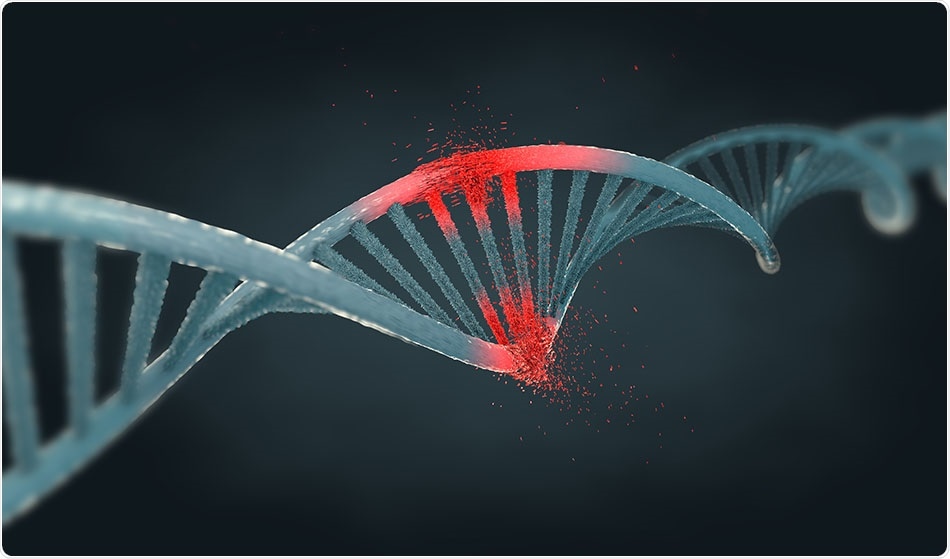
Study illustrates the role of alcohol in causing damage to DNA and increased cancer risk
A new study conducted by a group of researchers at MRC Laboratory of Molecular Biology, Cambridge revealed the significant role of alcohol in causing damage to DNA in stem cells and thereby increasing cancer risks. The study was funded by Cancer Research UK and the results were published in Nature.

Credit: Christoph Burgstedt/Shuttershock
Scientists utilized mice models to demonstrate the permanent genetic damage caused as a result of alcohol exposure. They introduced diluted alcohol (ethanol) in mice models and used DNA sequencing and chromosome analysis to study the genetic damage caused by acetaldehyde—a harmful chemical produced when the body processes alcohol.
From the study findings, scientists observed that acetaldehyde could break and damage DNA present in the blood stem cells, resulting in rearranged chromosomes and permanently altered DNA sequences within these cells.
According to Professor Ketan Patel, lead author and scientist at the MRC Laboratory of Molecular Biology, several cancers develop due to DNA damage in stem cells, whereas some damage occurs by chance. The results of the current study suggest that alcohol exposures could increase the risk of this damage.
The study also examined the body’s mechanism of protecting itself against damage associated with alcohol exposures. The first line of defense is a family of enzymes called aldehyde dehydrogenases (ALDH) that break down harmful acetaldehyde into acetate which is utilized by our cells as a source of energy.
Millions of people around the world, especially those from Southeast Asia, suffer a flushed complexion and an ill-feeling due to acetaldehyde built up as result of alcohol consumption. This is because they either lack these enzymes or carry faulty versions of them.
The mice models lacking the critical ALDH enzyme—ALDH2—suffered a fourfold increase in DNA damage in their cells when compared with mice models with fully functioning ALDH2 enzyme.
The second line of defense is offered by a variety of DNA repair systems that allow the cells to fix and reverse various types of DNA damage. However, they don’t work always and some people carry mutations that inhibit their cells from carrying out these repairs effectively.
According to Professor Linda Bauld, a Cancer Research UK's expert on cancer prevention, this study underlines the damage caused by alcohol on the body cells, costing some people more than just a hangover.
"We know that alcohol contributes to over 12,000 cancer cases in the UK each year, so it's a good idea to think about cutting down on the amount you drink," Professor Linda added.





















.png)












No hay comentarios:
Publicar un comentario